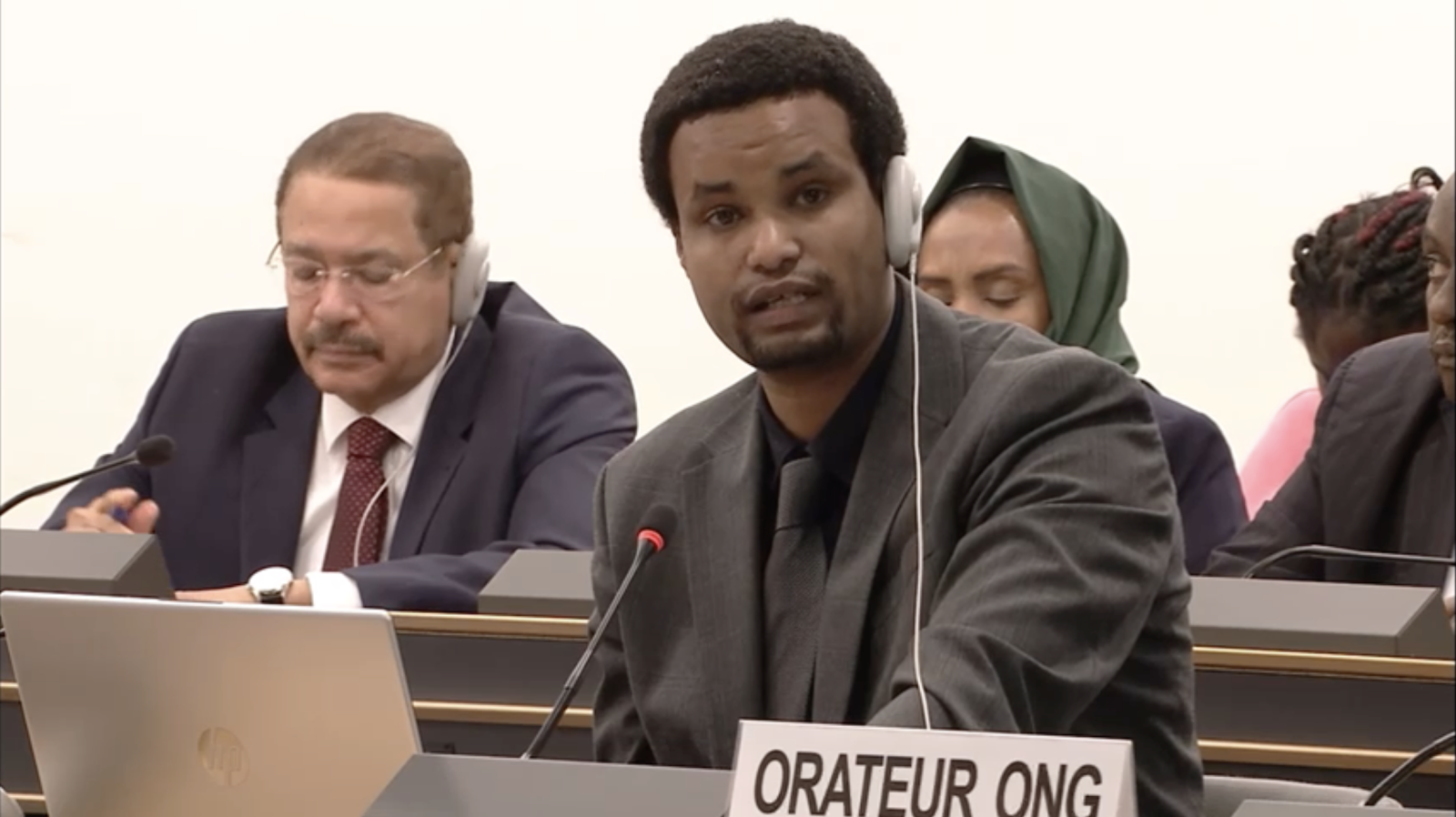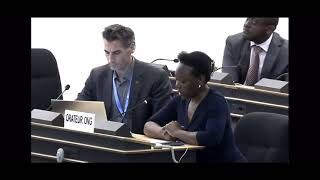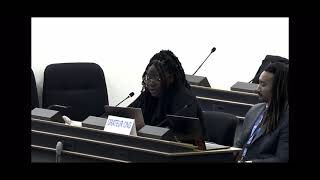5 March 2013
Item 3: Promotion and protection of all human rights, civil, political, economic, social and cultural rights, including the right to development.
Human Rights Council concludes Interactive Dialogue with Special Rapporteurs on torture and on Human Rights Defenders
Full text of the statement:
Mr Special Rapporteur, in your recent report you noted an outstanding invitation to visit Iraq and we would like to underline the urgency of this visit. Since the US invasion 2003 the human rights situation of Iraq has deteriorated, particularly concerning the situation of detainees.
The prison conditions in Iraq are one of the worst in the world. Denial of health care and overcrowding contribute to an environment where drug and physical abuse as well as infectious diseases are widespread among the prisoners. The Iraqi penal system is also one of the most arbitrary. Detainees are held in prison for years without even knowing the charges held against them and with no access to family members and lawyers. Death sentences based one forced confessions are common practise and torture of persons in detention is widespread, particularly during interrogation. Common techniques include beating and death-threat, handcuffing to or suspension from cell bars; electric shocks; cigarette burns; denial of food, water or sleep; plastic bags placed over the head; threats against family members. Proofs exist that detainees were removed from cells prior to audits undertaken by the United Nations Assistance Mission for Iraq UNAMI in order to hide the evidences.
Mr Special Rapporteur, in your report you underline under item 24 that the prohibition of torture must be enforced in all types of institutions, however the situation in Iraq is more complex. Iraqi institutions have been established under the control of the US-forces and are therefore the result of foreign intervention. UNAMI reports prove, that detentions, torture and extra-judicial executions go back to methods used by the US-led Multi-National Forces', who established the Special Police Commandos and reorganised the Ministry of Interior. The intertwining relations between local and foreign institutions make an international independent investigation unavoidable if the problem of torture in Iraq shall be resolved.
Mr Special Rapporteur, country visits are an integral part of your mandate. We call you to urge the Iraq authorities to make every effort to schedule this visit promptly and focus on the violations of human rights and torture in Iraq in your future reports. We also call on the United Nations to investigate the human rights violations since 2003 through an UN Special Rapporteur for the human rights situation in Iraq.








